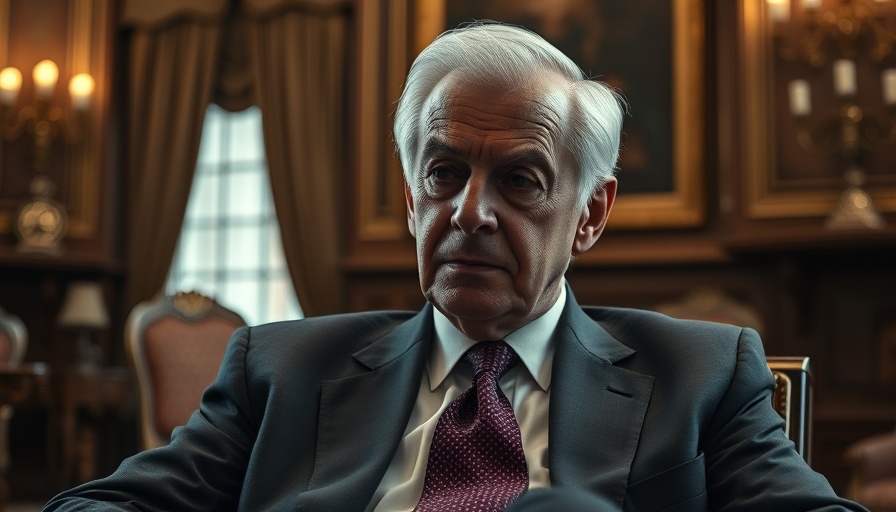
The Complex Relationship: Trump, Israel, and Political Rhetoric
Former President Donald Trump has always been a figure of contention in U.S. politics, embodying a whirlwind of opinions and sentiments among various groups. However, his stance on Israel stands out distinctly amidst his many likes and dislikes. While navigating both domestic political landscapes and complex international relations, Trump has continually expressed unwavering support for Israel, positioning it as a cornerstone of his foreign policy.
Commitment to Israel Amidst Global Challenges
Trump's policies towards Israel have often been framed within the context of broader geopolitical tensions, particularly concerning Iran. By increasing military support and pressure against Iran, Trump has highlighted Israel's strategic importance in the region. This support can be seen as an extension of his broader agenda to reshape U.S. foreign relations, favoring allies that share similar democratic values and interests.
Understanding Evangelical Support for Israel
The U.S.-Israel relationship resonates profoundly within Evangelical circles. Many mission-oriented Christians view Israel as a key player in biblical prophecy, leading to a cultural and spiritual affinity. This connection has thickened since Trump's presidency, as his administration actively promoted policies that aligned closely with the beliefs of these communities. By recognizing Jerusalem as Israel's capital and supporting movements such as the Abraham Accords, Trump's actions underscore a growing evangelical endorsement of Israel's sovereignty that mirrors historical and theological ties.
The Quest for Peace: A Diplomatic Tightrope
While Trump’s full-throttled support for Israel has garnered mixed reactions, it also raises questions on the path to achieving peace in the region. His approach reflects a dual strategy—supporting Israel while simultaneously applying pressure on adversaries, particularly Iran. However, this strategy could lead to either fruitful diplomatic breakthroughs or escalated tensions that might detract from a feasible two-state solution. Observers note that these complexities entail a careful maneuvering of alliances that requires a keen understanding of both political dynamics and cultural narratives.
Opportunities and Risks in Current Policies
As the current geopolitical climate continues to evolve, the implications of Trump's policies towards Israel present both opportunities and challenges. The potential for forging new partnerships in the region exists, but the specter of military confrontation could also unfold if miscalculations occur. Trump's legacy will live on in this regard, potentially affecting future administrations who will have to navigate the intricate web of loyalties, historical grievances, and religious entanglements.
Conclusion: Reflecting on Community Engagement
As Christians supporting Israel, it is vital to remain engaged in understanding the complicated nature of U.S.-Israel relations and the implications these policies might have not only on international diplomacy but also on our faith communities. By staying informed and proactive, we can advocate for principles that align with justice and compassion in the complexities surrounding this pivotal conflict.
As we reflect on these developments, let’s engage in supporting communities experiencing persecution, advocating for compassion, and actively participating in interfaith dialogues that foster understanding and unity.
 Add Row
Add Row  Add
Add 








Write A Comment